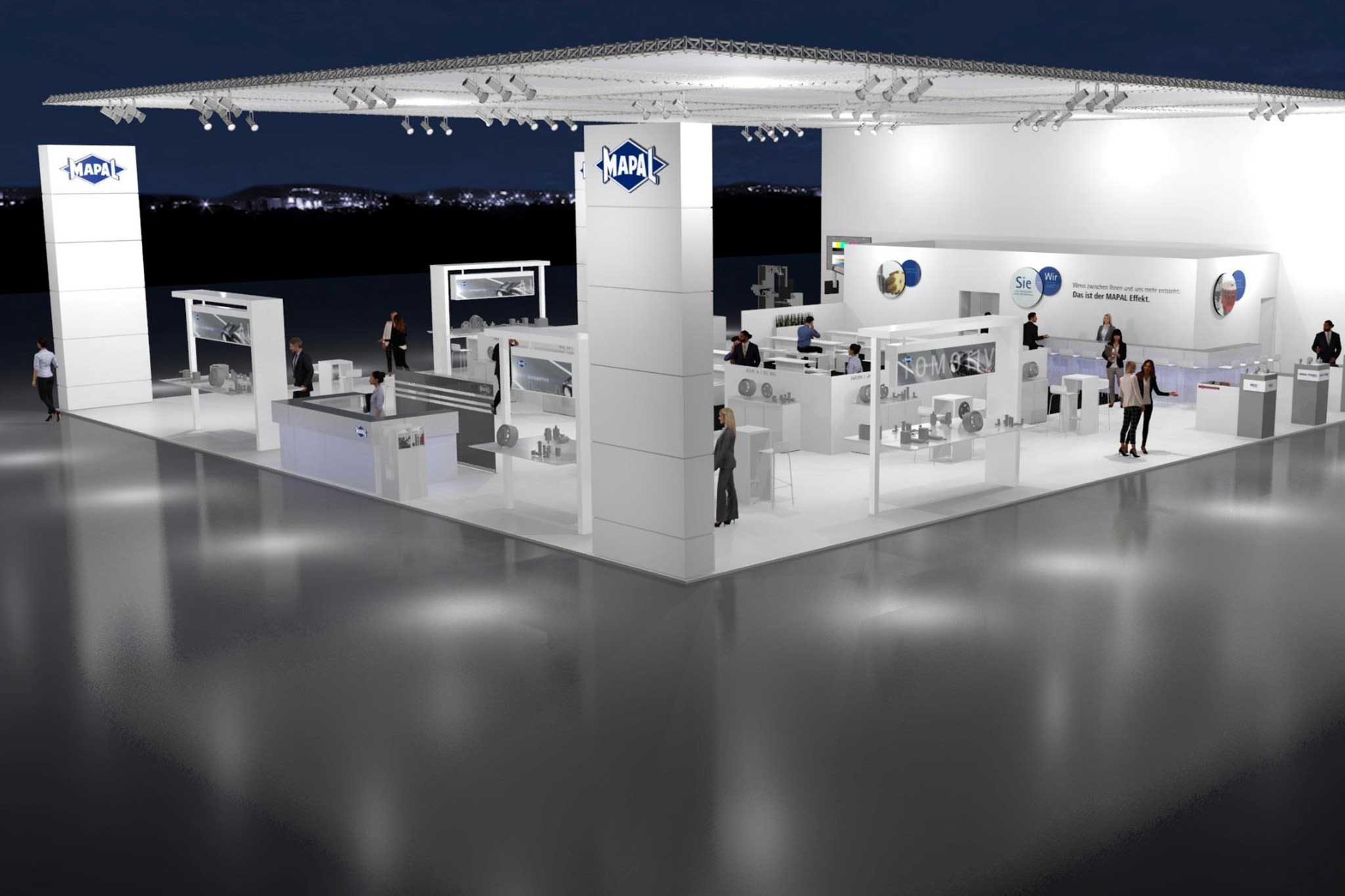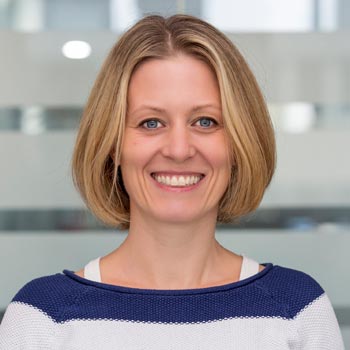In addition to the business cycle, it is structural change that is affecting the industry and, to a large extent, MAPAL. One example of this is the transformation in the automotive industry, which is MAPAL’s largest customer base. The importance of electric mobility in this area has increased significantly in recent years. Digitisation is also massively changing the industry. The EMO also promises to provide a comprehensive overview of how companies are reacting to this, what solutions they have developed or are currently developing, or how the individual core businesses are changing.
MAPAL will answer the above questions at the EMO and present appropriate solutions. “We have given MAPAL a broad foundation through diversification in order to be able to react to structural change,” says Dr Jochen Kress. For example, MAPAL is significantly expanding its commitment in die & mould sector and has already invested heavily in this area. This includes the acquisition of the company voha-tosec, among other things, which produces tools especially for die & mould sector. “In this way we are gradually building up a complete portfolio for die & mould sector and will be showcasing numerous tools for this purpose at the EMO,” explains Kress.
MAPAL also reacted early in regard to electric mobility. Admittedly, a purely electrically driven vehicle produces significantly less material than a conventional drivetrain. However, for all of the components that are still being machined, maximum precision is required. MAPAL has been preparing for this and is presenting corresponding tool and process solutions at the EMO, for example for machining stator housings or electrical auxiliary units.
With regard to digitisation, MAPAL has recognised that one thing is important right from the get-go, says Kress: “We must take people along with us. And this is best done in small, simple steps.” For this reason the MAPAL subsidiary c-Com, which is represented by its own stand at the EMO, has developed c-Connect. Companies are able to use c-Connect to network their production gradually and without high investments.

